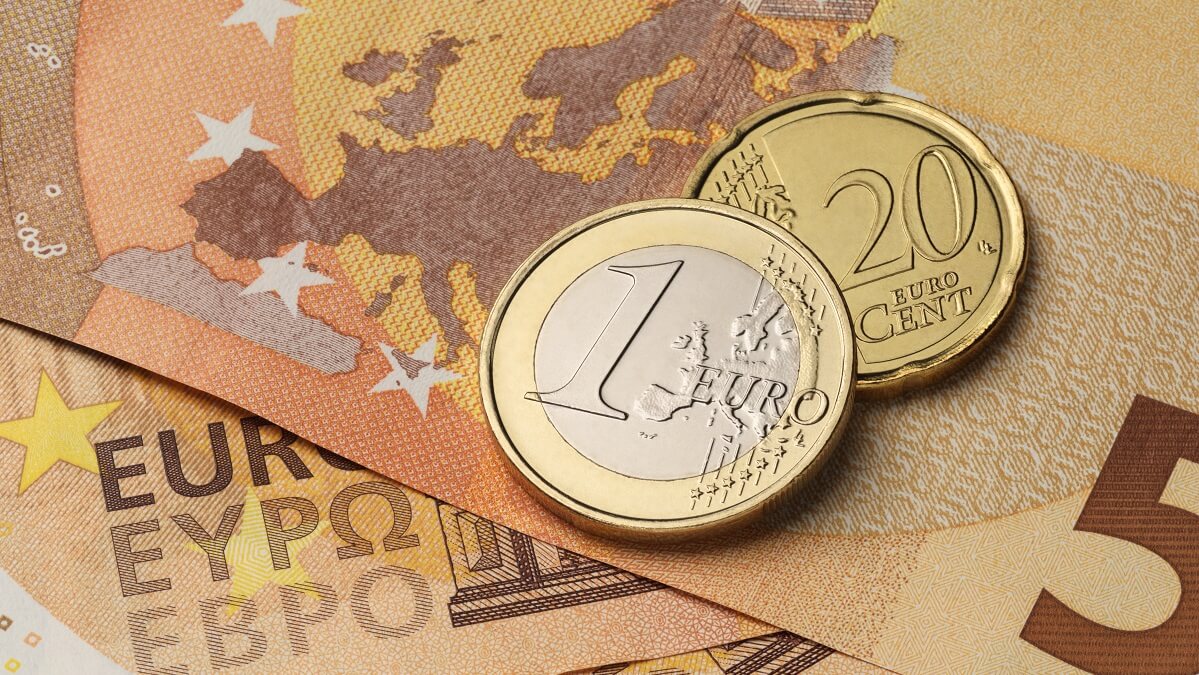For those travelling around Europe, the euro really is a thing of convenience. Nineteen countries in the European Union (EU) use just one currency, which makes exchanging money, paying for items and planning your trip much easier.
As of New Year’s Day 2023, Croatia will officially switch from the Croatian kuna (HKR) to the euro (EUR), becoming the 20th country to join the eurozone.
The 19th country to join the eurozone was Lithuania in 2015.
Why is Croatia making the switch?
Being part of the EU has economic benefits, thanks to the European Central Bank’s (ECB) monetary authority, including access to ECB liquidity – which means a potential bailout in times of crisis.
Being part of the eurozone also means lower interest rates and better credit ratings, and should also make payments easier and cheaper – all of which Croatia hopes will make the country more attractive to investors.
The move will also trim about 1.2 billion kuna of foreign-exchange costs outside of tourism per year.
Read: Europe’s safest countries in 2022
Travel and tourism benefits
Tourism generates a fifth of the gross domestic product in Croatia – the economy is highly dependent on foreign travellers. The move to the euro also means Croatia will officially become part of the visa-free Schengen Area, which it hopes will boost the tourism economy even further.
What does it mean for travellers?
It means you won’t have to exchange your cash for the Croatian kuna or apply for additional visas when travelling from any of the other countries in the eurozone, making it easier than ever to visit Croatia.
What does it mean for your travel money?
Croatia is switching to the euro from 1 January 2023. There will be a two-week grace period where both currencies are in circulation. However, after 14 January you will no longer be able to use the kuna for payments.
If you’ve been to Croatia and have some leftover change, switch it back to AUD before 1 November 2022.
If you’re travelling to Croatia in future, you’ll need euros for your trip from 2023 onwards.
Read: Visit the 2022 European Capitals of Culture
What will the new Croatian coins look like?
All euro banknotes are the same regardless of country, however, the coins are country specific.
The new Croatian one euro coins will feature the kuna (an animal, also known as a marten), with a chessboard in the background on the Croatian national side.
What do you think of the euro and this change in Croatia? Why not share your thoughts in the comments section below?

